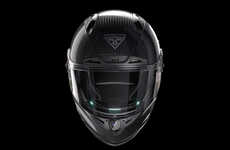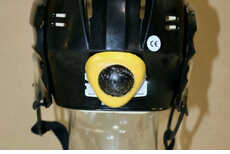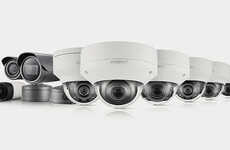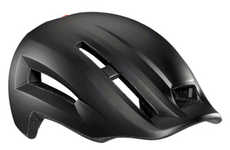
Soldier Centric Imaging via Computational Cameras Offer Superman Sight
Meghan Young — December 26, 2010 — Tech
Soon, soldiers will have eyes at the back of their heads using the Soldier Centric Imaging via Computational Cameras (SCENICC).
Proposed by DARPA, these Soldier Centric Imaging via Computational Cameras are essentially lightweight helmets that boast computer-enhanced vision and integrated weapon sighting features. Offering a 360-degree view of their surroundings, these SCENICCs also offer a high resolution 10X zoom of objects in a three-dimensional space.
Proposed by DARPA, these Soldier Centric Imaging via Computational Cameras are essentially lightweight helmets that boast computer-enhanced vision and integrated weapon sighting features. Offering a 360-degree view of their surroundings, these SCENICCs also offer a high resolution 10X zoom of objects in a three-dimensional space.
Trend Themes
1. Computational Cameras - The use of computational cameras in helmets provides enhanced vision and imaging capabilities, opening up opportunities for new applications in various industries.
2. 360-degree Viewing - The development of 360-degree viewing helmets enables a comprehensive and immersive perspective, presenting disruptive innovation opportunities in fields such as virtual reality and surveillance.
3. Integrated Weapon Sighting - The integration of weapon sighting features in helmets creates a seamless and efficient method for soldiers, potentially leading to advancements in military technology and defense-related industries.
Industry Implications
1. Military - The use of Soldier Centric Imaging via Computational Cameras has the potential to revolutionize military operations and tactics, providing soldiers with enhanced situational awareness and visual capabilities.
2. Virtual Reality - The 360-degree viewing capabilities of SCENICCs open up new opportunities for immersive virtual reality experiences, allowing users to explore virtual environments from all angles.
3. Security and Surveillance - The integration of computational cameras in helmets can enhance surveillance capabilities, enabling security personnel to monitor and analyze their surroundings more effectively.
4.9
Score
Popularity
Activity
Freshness























